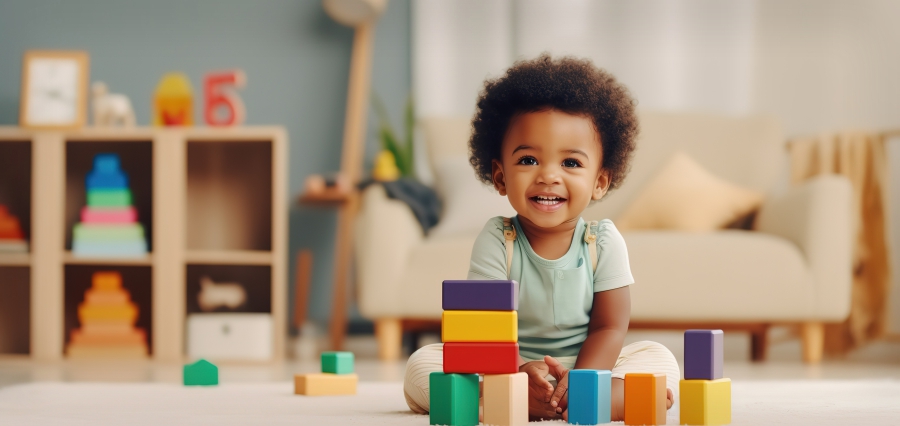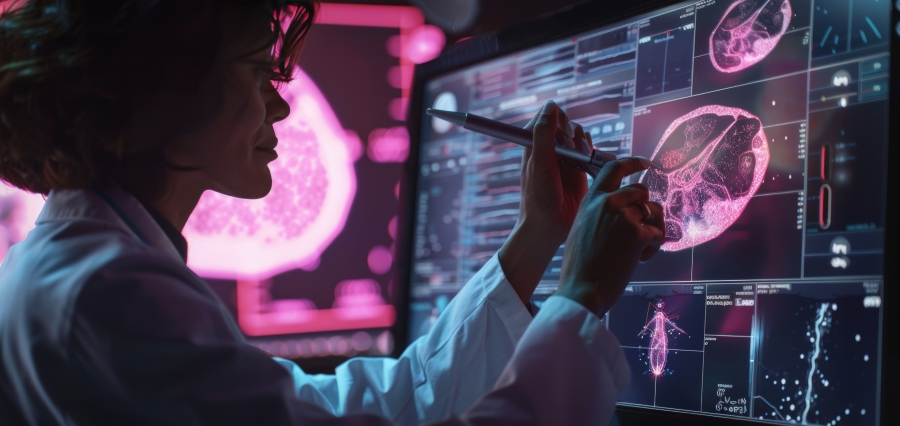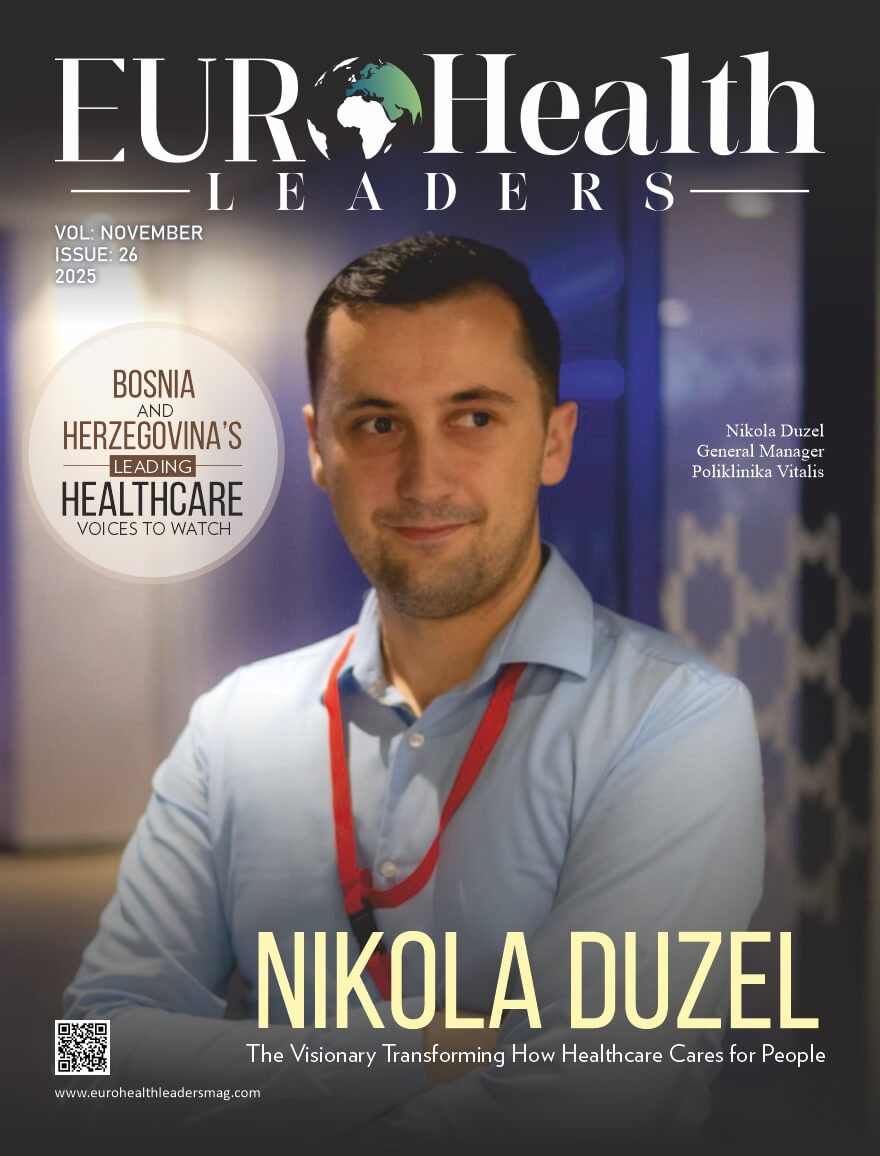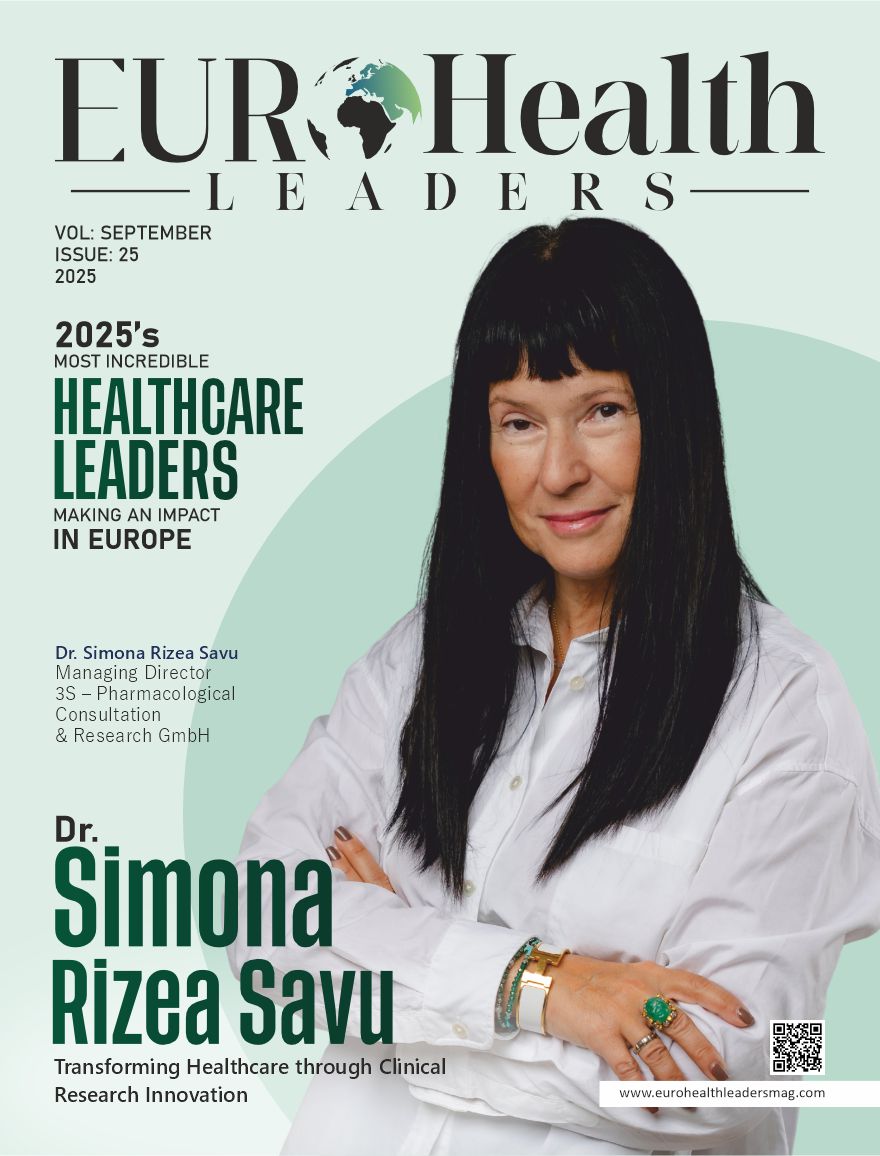During this age when everything is moving so rapidly, technology and medicine are only half of what healthcare is. Healthcare is also about feelings. When a patient becomes sick or injured, they do not necessarily need a pill or a scalpel. They also require tender loving care, care, and empathy. And that is where empathy comes in. Part of it is innovation—new technology and new invention—where doctors and medical staff can treat patients better. Coupled with empathy is a more evolved kind of healthcare system.
What is Empathy in Healthcare?
Empathy is to be in the feelings of the other person. Hospital and clinic staff, nurses, doctors are faced with people who are scared, worn out or injured. When they empathize, they take a stance to listen. They attempt to empathise with the patient. They are polite and speak softly. This shields the patient and makes the patient feel like he is taken care of.
Every small act can be empowering to the patient, as in the case of the nurse holding the hand of a patient and saying, I am here to assist you. It helps the patient to learn that he or she is not a number or a case file; he or she is a human being who has feelings. It is what compassionate care is all about.
Why Innovation Matters
Now, let us talk about innovation. Innovation is coming up with new solutions to old problems. In medicine, it may be a new drug, a smart device, or even a new way of communicating with patients. For example, during the COVID-19 pandemic, most hospitals used telemedicine. That is, doctors treated patients through video calls. This made it convenient for people to get treatment without stepping out of their homes.
Some hospitals use robots to give out medicine. Patients get phone messages to help them remember to take their pills. Doctors use smart computers to find sickness early. These new tools help people get better care, faster and safer.
How Empathy and Innovation Walk Together
How does innovation work together with empathy? Let us find out. The aspect of speed and precision is given to us by innovation. The desire to care and be compassionate is provided through empathy. Put together, you get something extraordinary, a healthcare system that is not only smart but caring as well.
An example of how such a hospital would work is when the staff refers you by name, they hear how you feel and you receive beneficial responses. As that occurs, a smart machine tests your wellbeing within just a few seconds and in a secure manner. You are taken care of and feel good in hand. That is what everyone wishes people will do.
Examples in Real Life
Let’s consider a very basic example. There was an American children’s hospital that made use of virtual reality headsets. They place those headsets on the children right before they enter the room so that they don’t stress about their procedures. Instead of looking at needles or scary equipment, the children see entertaining cartoons or games through the headset. That is innovation. But deciding to make the child calm and happy—that’s empathy. Both exist side by side.
The second is when artificial intelligence (AI) service is used in reading X-rays. AI is faster than the human eye in detecting the disease. But the doctor sits with the patient and breaks the news with sympathy and compassion. The machine does the work, and human touch follows afterward.
Why This Matters for the Future
The world is changing. More individuals are living longer and developing new diseases. The health service must stretch and extend. But they can never forget that behind each scan, injection, or surgery, there is a human being. That is the reason why compassion and innovation are more needed than ever.
Hospitals of the future must be more equipped, but they must be kinder. Doctors and nurses must be taught as much science as being nice, listening, and giving respect to all of their patients.
A Final Thought
A compassionate health care system at its best is one that heals both body and soul. It employs technology to heal but never loses sight of the healing balm of a gentle touch or word. Compassion makes us human. Innovation improves care. They form a world where health isn’t curing, but caring.
And that, after all, is what healing is all about.









